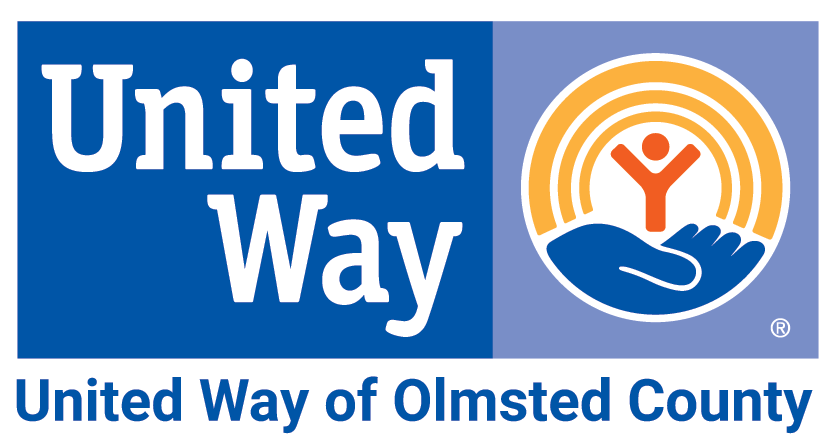.png)
Thursday, January 20
“All of us who are openly gay are living and writing the history of our movement. We are no more - and no less - heroic than the suffragists and abolitionists of the 19th century; and the labor organizers, Freedom Riders, Stonewall demonstrators, and environmentalists of the 20th century. We are ordinary people, living our lives, and trying as civil-rights activist Dorothy Cotton said, to 'fix what ain't right' in our society.” - Senator Tammy Baldwin |
What do you know about the history of the LGBTQIA+ movement?
The Stonewall Rebellion is widely recognized as the event that sparked the modern LGBTQIA+ civil rights movement. On June 28, 1969, patrons of the Stonewall Inn, a tiny gay bar in New York City, fought back as police raided the premises.
In the five decades since Stonewall, the LGBTQIA+ community has made significant strides toward equality, including the landmark Supreme Court ruling in 2015 giving same-sex couples the right to marry.
However, LGBTQIA+ rights – from access to healthcare and workplace protections, to the right to adopt children, or even to marry – continue to be undermined. In October 2020, two Supreme Court Justices lambasted marriage equality, signaling the right for gay people to marry may once again be at risk.
Nationally, ongoing discrimination – rooted in homophobia and transphobia – has a significant negative impact on members of the LGBTQIA+ community, including:
- Increased physical and emotional health risks
- Becoming victims of violence
- Career and financial instability
- Higher rates of homelessness, especially among LGBTQIA+ youth
With these risks in mind, today’s LGBTQIA+ activists are not only focused on policies and legislation that protect their communities from discrimination; they are increasingly focused on issues such as intersectionality, transgender rights, and achieving greater representation of marginalized groups within the LGBTQ+ community.
Locally, did you know...
- 4% of Minnesotans identify as LGBTQ. (Wilder Research)
- 11% of homeless Minnesotans identify as LGBTQ and “suffer higher rates of violence and exploitation than the overall homeless population”. (Wilder Research)
- 11% of 11th grade students in Olmsted County identify as bisexual, gay, lesbian, queer, pansexual, or questioning. (Minnesota Department of Education)
- LGBTQ youth in Minnesota endure 1.5-2.5 times more physical abuse in their household than straight youth in Minnesota. (Rainbow Health)
Rochester PRIDE is inspiring, educating, commemorating, and celebrating our gender-identity and sexual-orientation minority communities and their allies.
The group promotes an environment for advocacy, outreach, inclusion, and equity. We urge everyone to watch the video below to hear our neighbors answer the question, “What is Pride to you?" (1:24)
As one activist says in this PBS article from June 2020, “We’re not just looking for progress. We’re looking for liberation. And liberation goes beyond just the legislation; that also goes to us being able to live our lives without the threat of violence and murder.”
Today's Challenge: Do one or more of the following...
OPTION 1: Learn more about Rochester PRIDE, whose mission is to provide Pride events for the gender-identity and sexual-orientation minority communities and their allies; that inspire, educate, commemorate and celebrate our diverse community; in order to promote an environment for advocacy, outreach, inclusion, and equity for gender-identity and sexual-orientation minorities.
OPTION 2: Read “The Many Sides of Meredith Vandehaar—Exploring the Complexity of Identities”, published by the Rochester Women Magazine, a print and online publication that delivers important, relevant, fun and useful content by, for and about Rochester, Minnesota area women, keeping them in-the-know, educated and entertained, as well as part of a supportive community.
OPTION 3: View National Geographic’s Stonewall at 50, which features photos, quotes, and short videos that tell stories of LGBTQ+ resistance and resilience. The stories were collected as part of photographer Robin Hammond’s project Where Love is Illegal, created in 2014 with the mission of ending persecution based on sexuality and gender identity.
OPTION 4: Browse and bookmark Rochester Public Library's LGBTQIA+ resources and links page. Then, continue your personal education with their LGBTQIA+ reading list featuring options that will appeal to readers regardless of where they are along their journey of understanding, embracing, and supporting LGBTQIA+ equality.
OPTION 5: Black transgender women played key roles in the starting point of LGBTQIA+ equality, although their contributions have often been overlooked, even within the gay community. Read My Stonewall Is Black, where writer and activist George M. Johnson tackles this issue.
